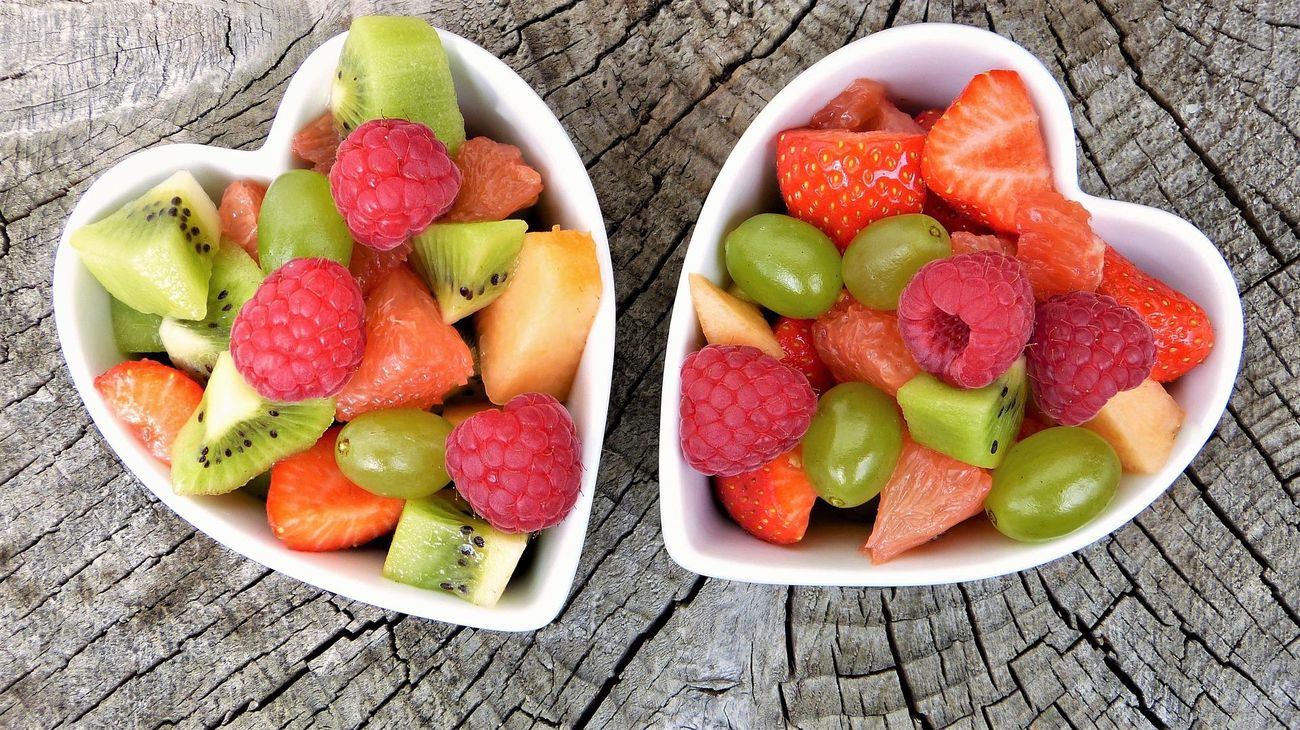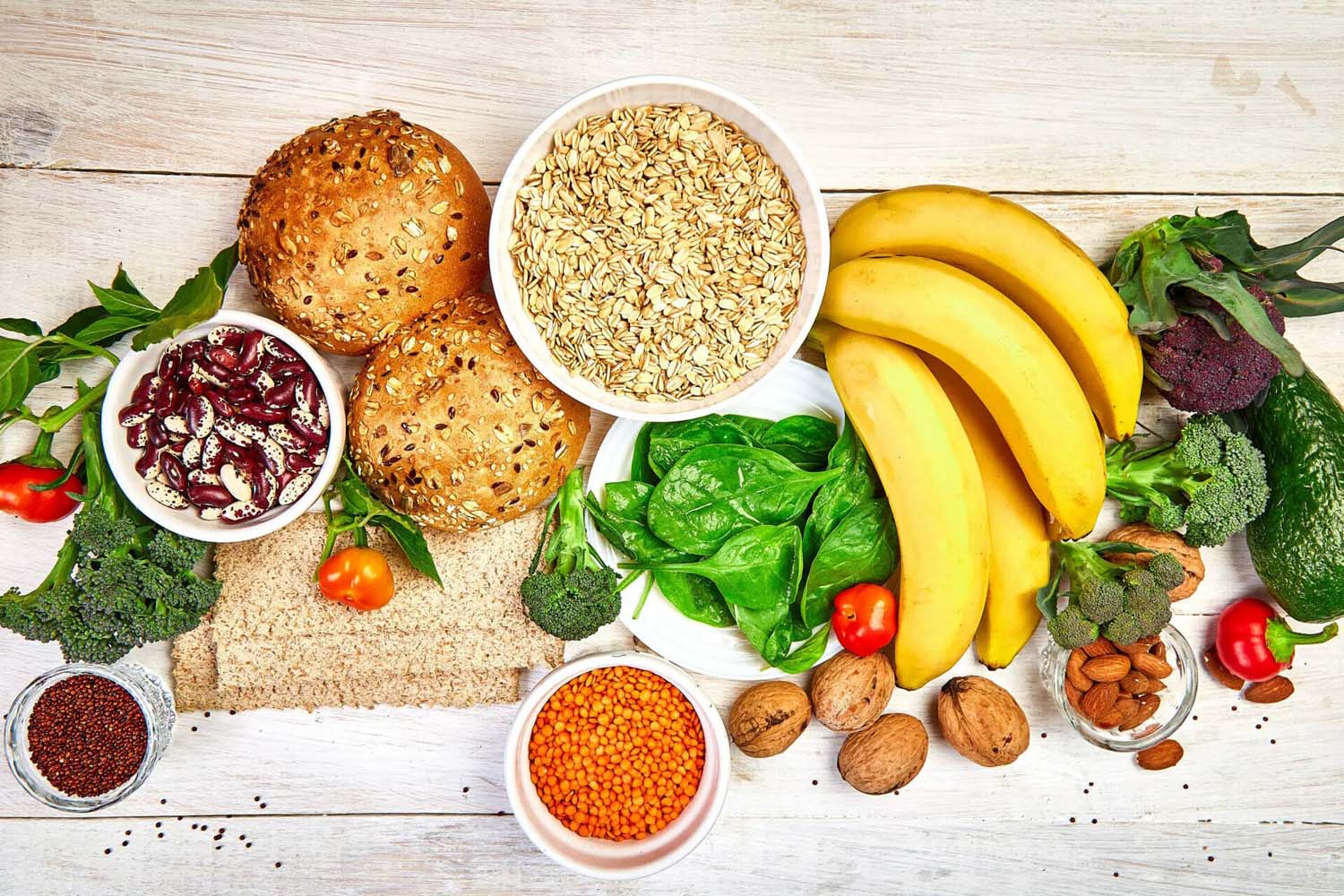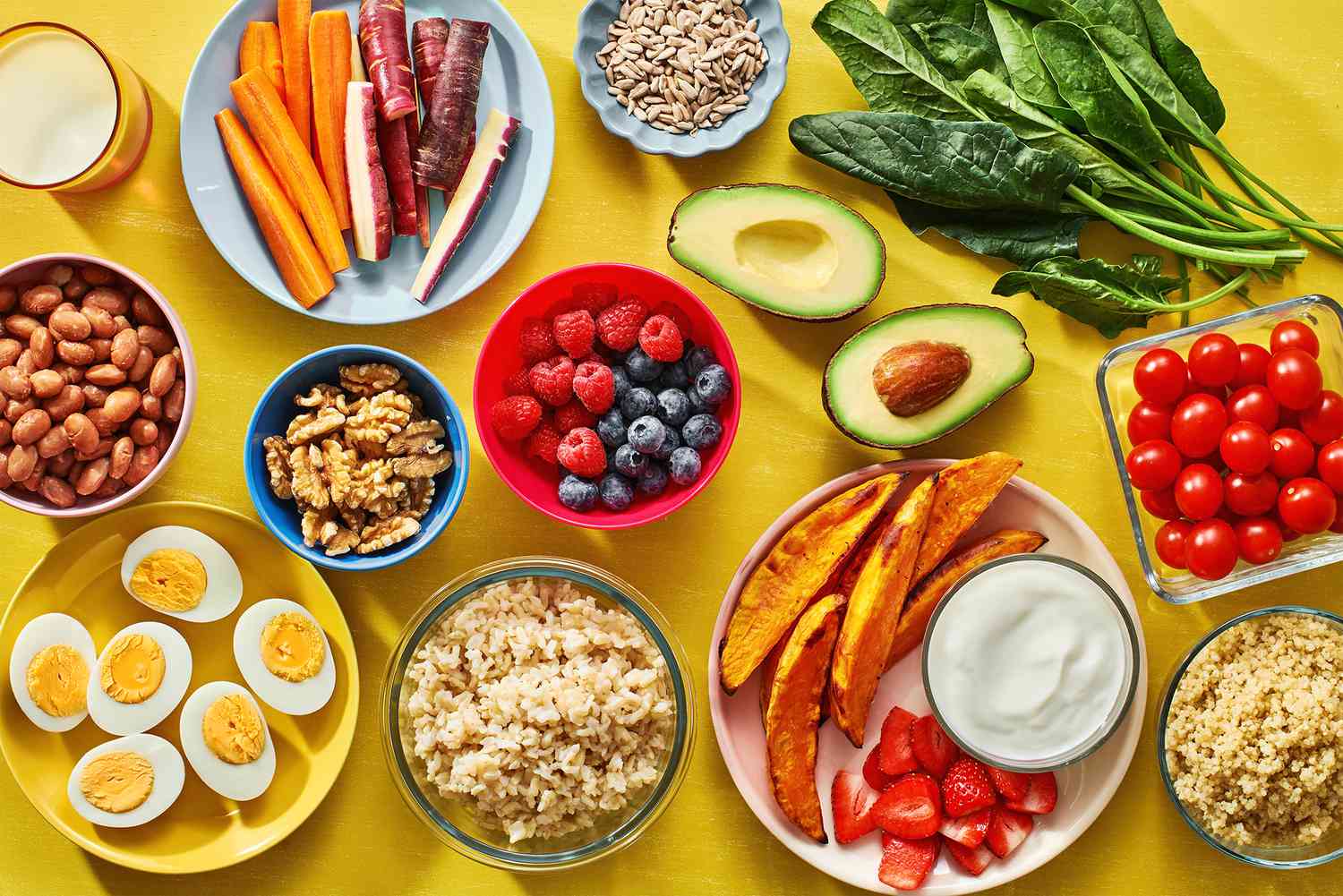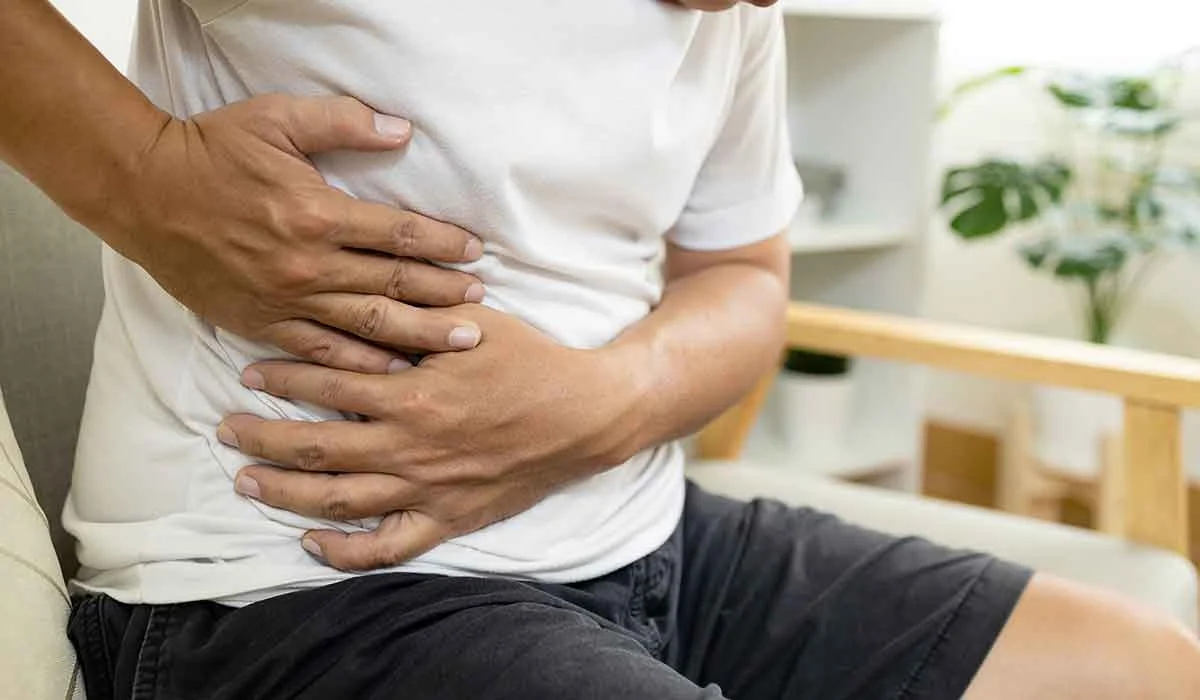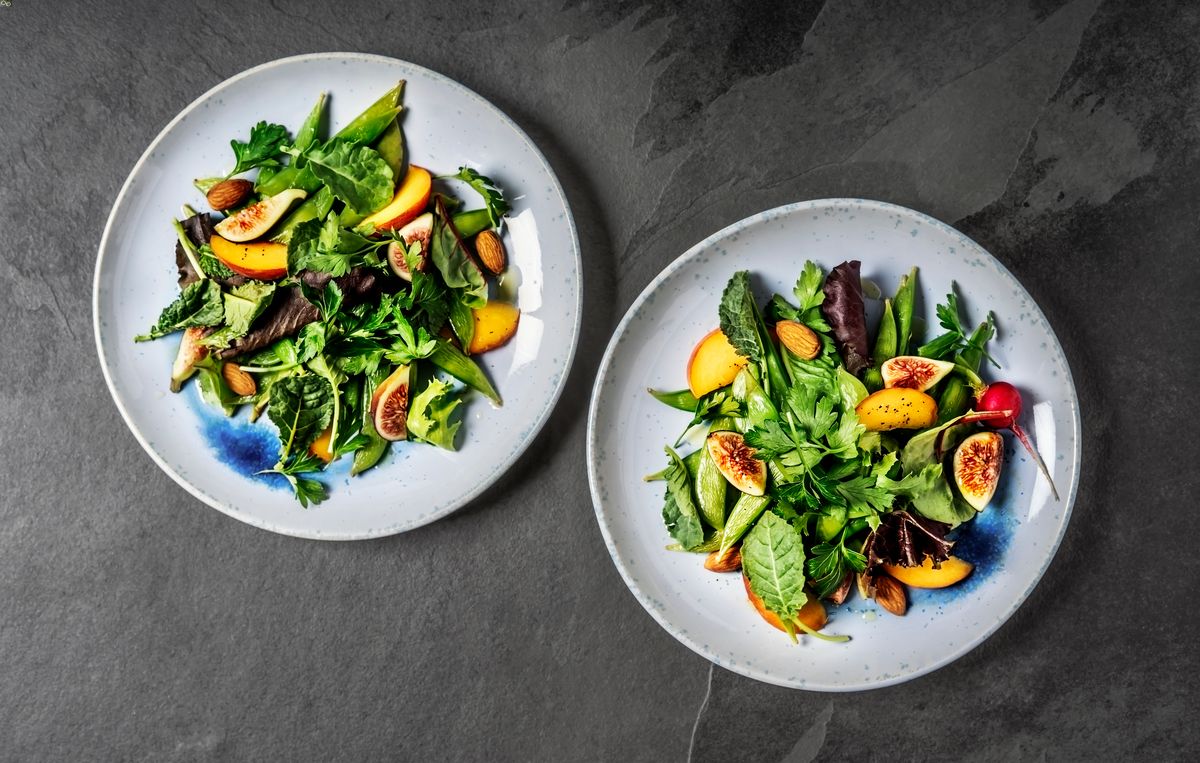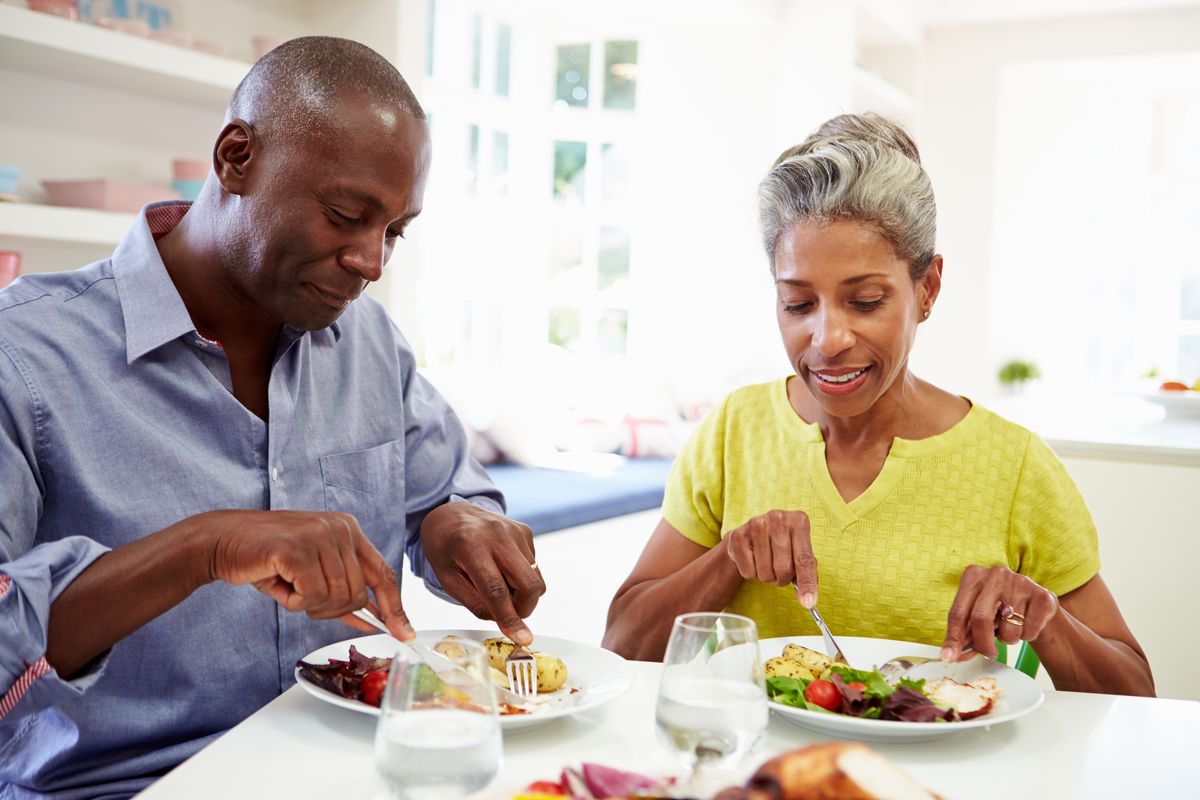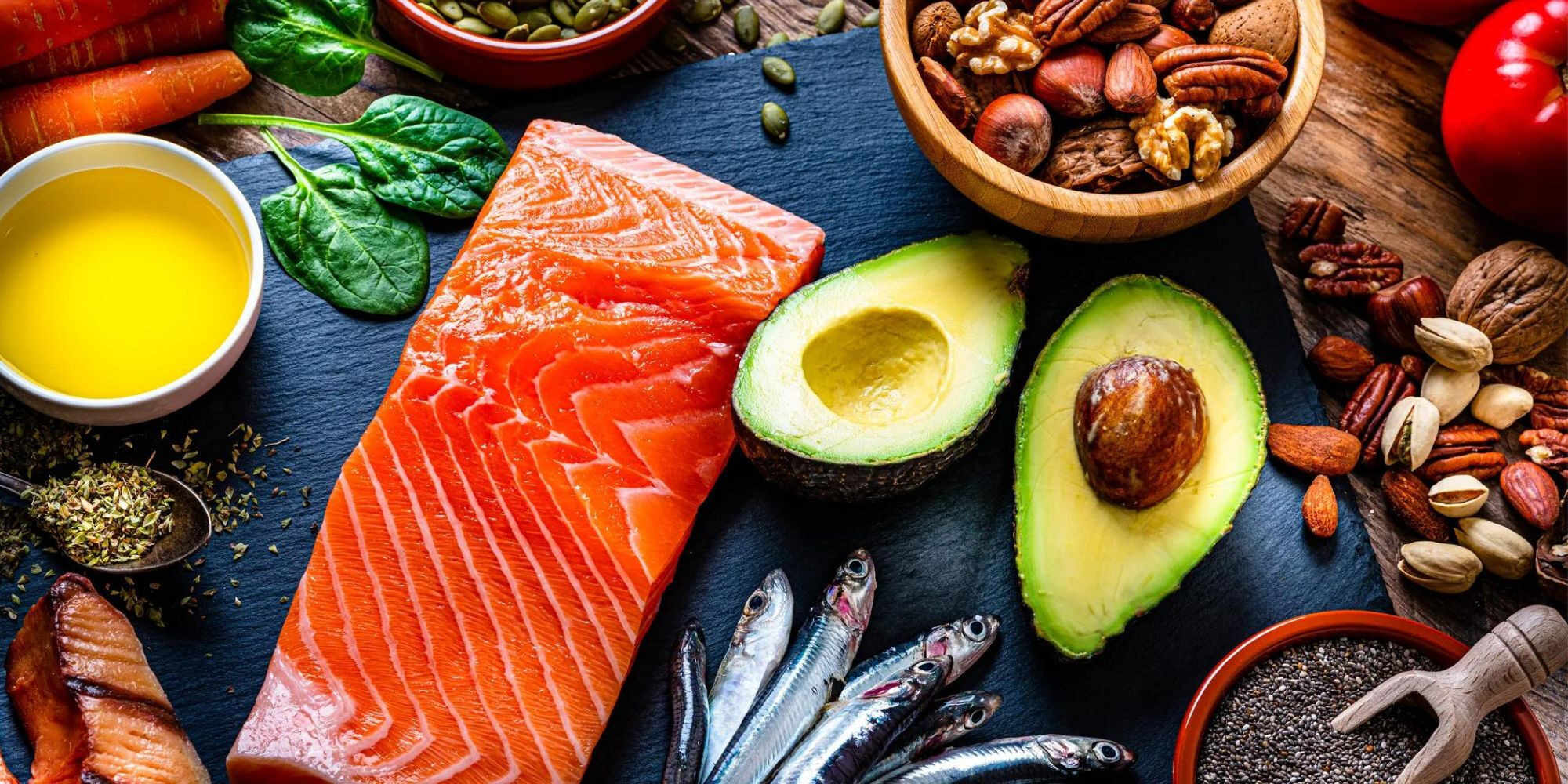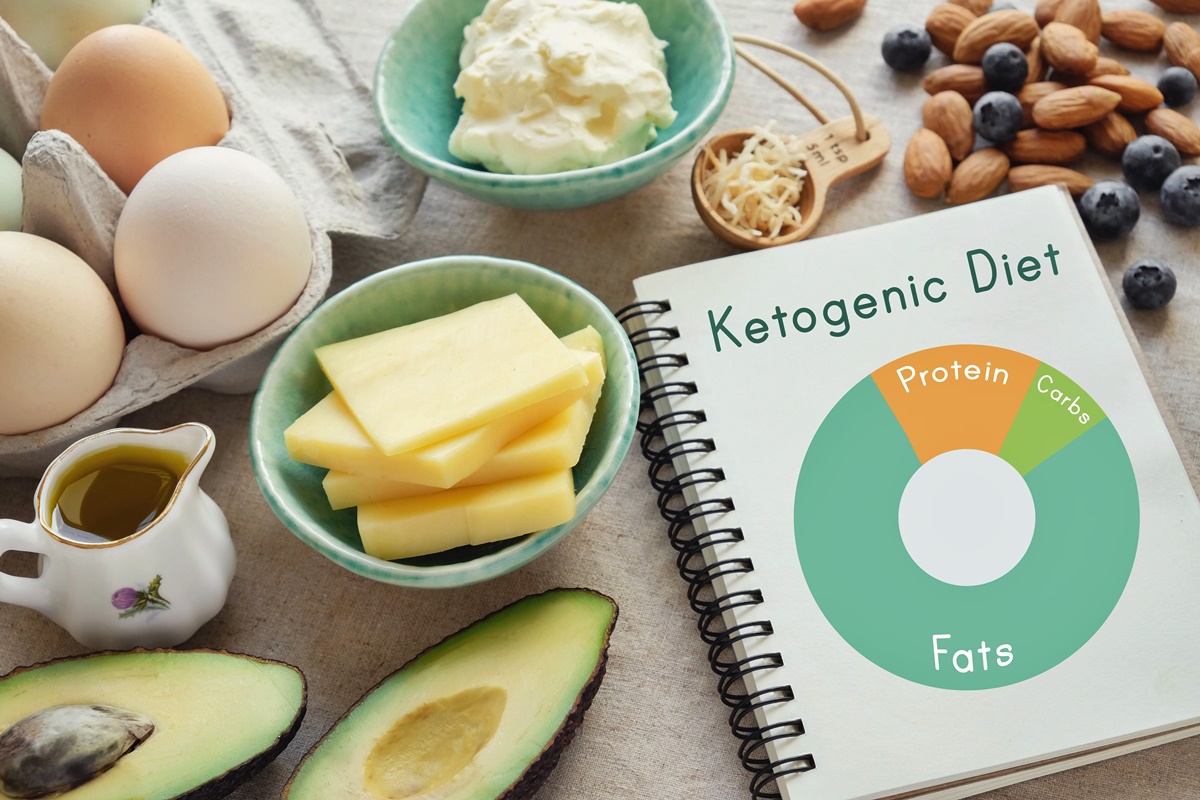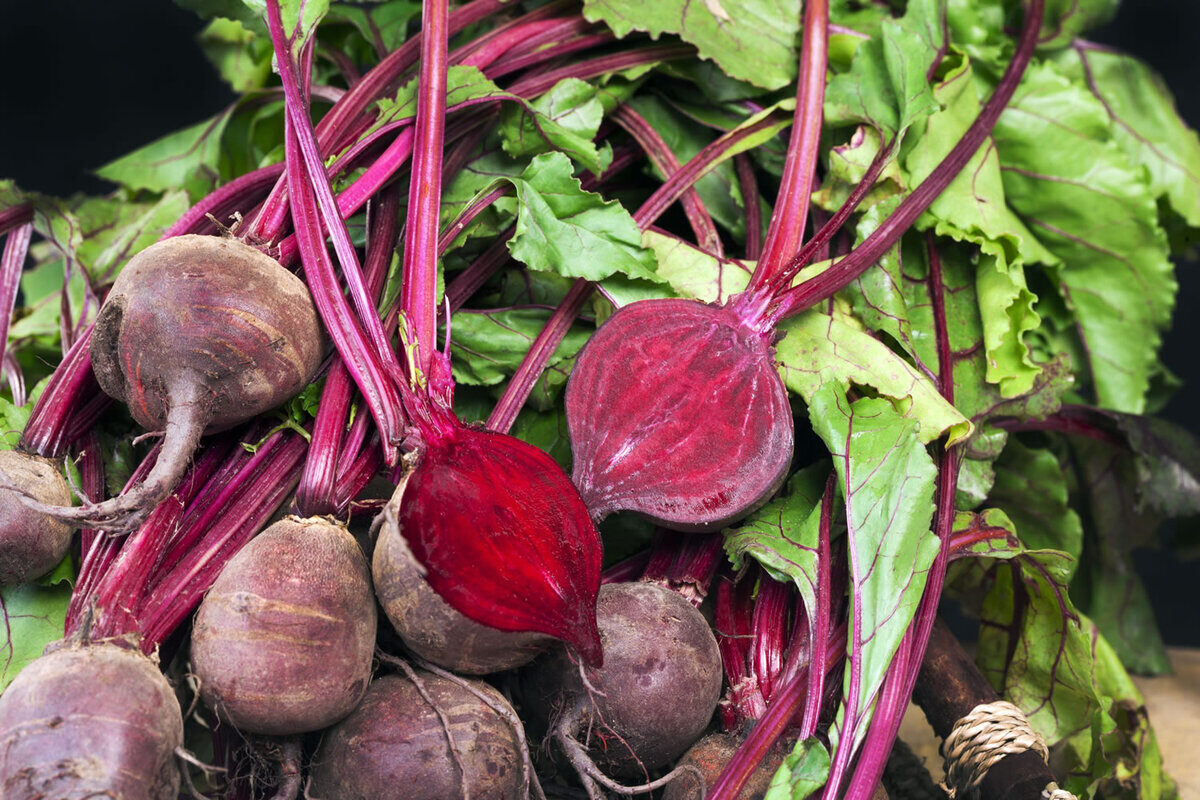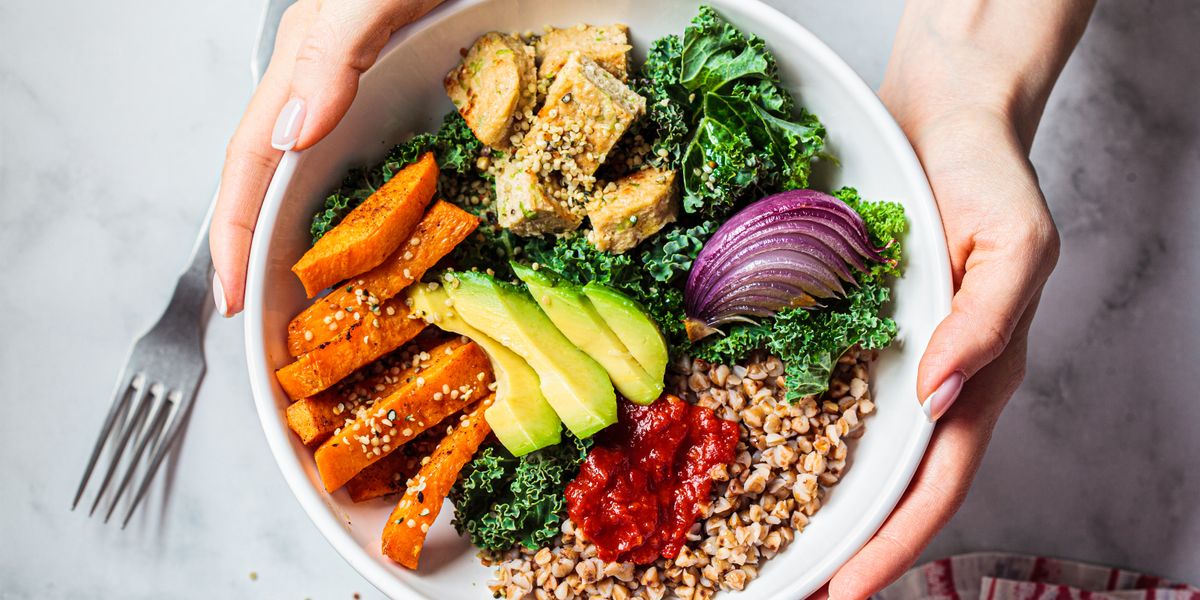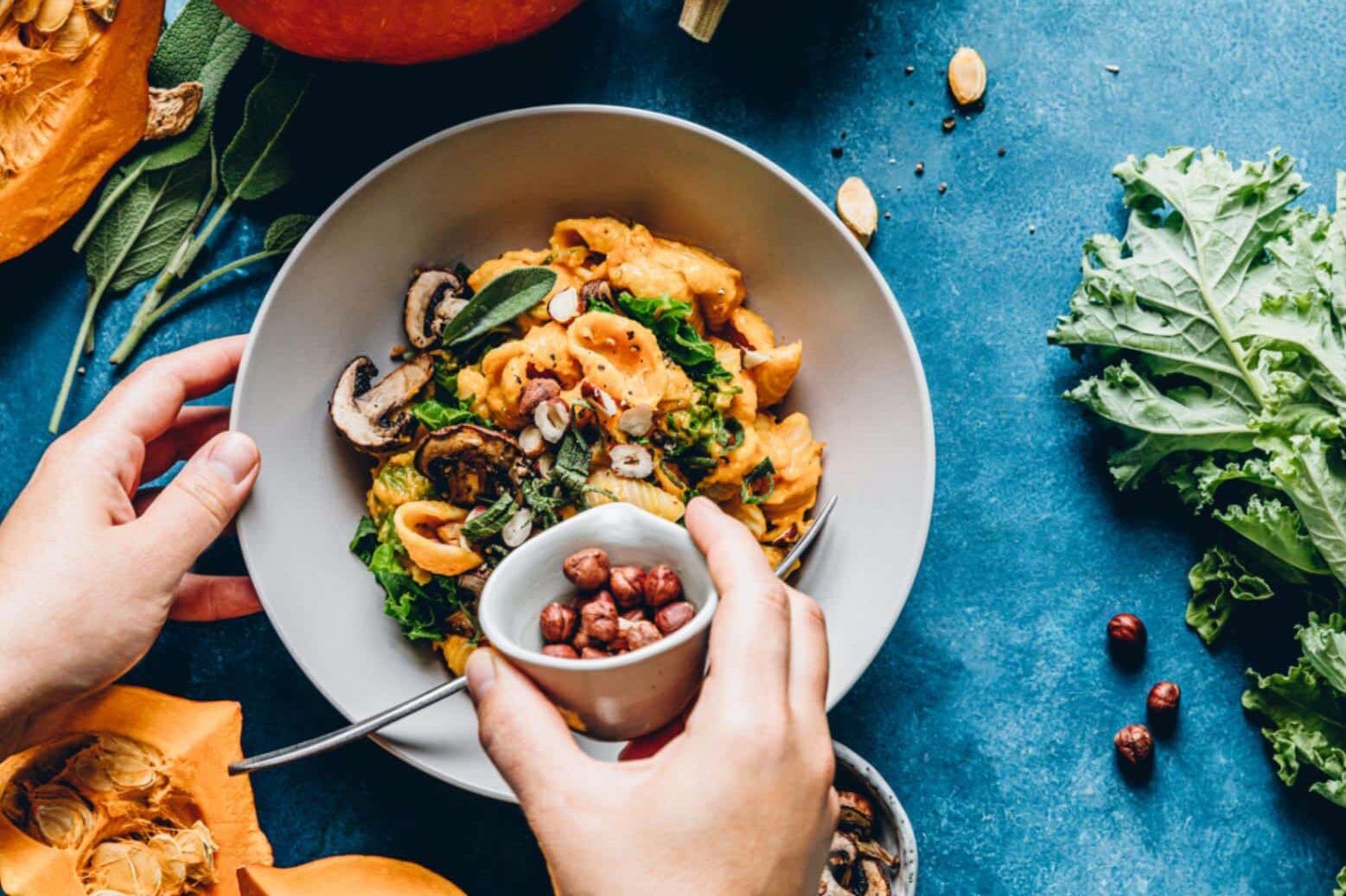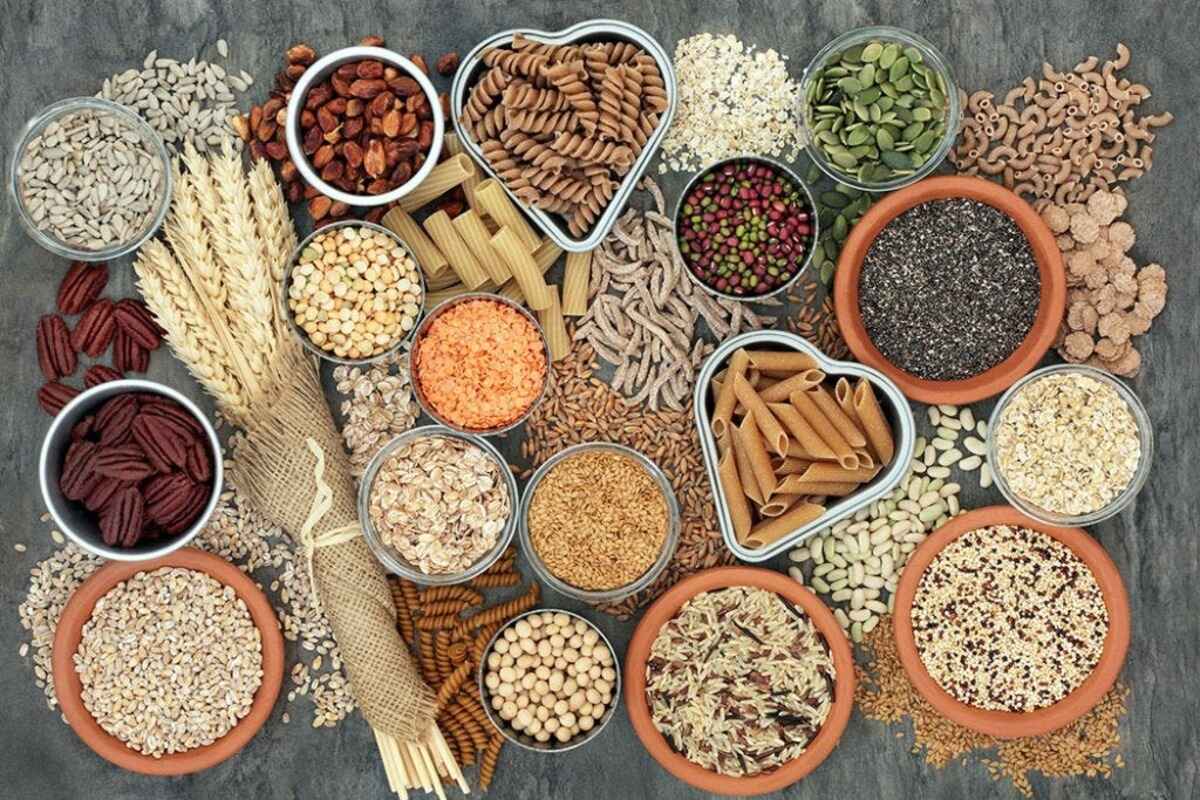How to Enjoy Fats Without a Gallbladder
If you’ve had your gallbladder removed, you may be wondering how to navigate your diet, especially when it comes to consuming fats. The gallbladder plays a role in digesting fats, so it’s important to make some adjustments to ensure you can still enjoy fats without any discomfort. Here are some tips to help you eat fats without a gallbladder:
Choose the Right Fats
Not all fats are created equal, and some are easier to digest than others. When you don’t have a gallbladder, it’s best to focus on consuming healthy fats such as:
- Avocados: Rich in monounsaturated fats, which are easier to digest.
- Coconut oil: Contains medium-chain triglycerides (MCTs) that are easily absorbed by the body.
- Fatty fish: Salmon, mackerel, and sardines are high in omega-3 fatty acids, which offer numerous health benefits.
- Nuts and seeds: Opt for softer varieties like cashews and pumpkin seeds, which are gentler on the digestive system.
Embrace Small, Frequent Meals
Instead of consuming large meals that are high in fats, consider spreading your fat intake throughout the day. Eating smaller, more frequent meals can help your body manage fat digestion more effectively, reducing the likelihood of discomfort.
Support Digestion with Bile Supplements
Since the gallbladder is responsible for storing and releasing bile to aid in fat digestion, its absence can make it challenging for your body to process fats. Consider speaking with your healthcare provider about taking bile salt supplements to support the digestion of fats.
Monitor Your Tolerance
Everyone’s tolerance to fats after gallbladder removal can vary. Pay attention to how your body responds to different types and amounts of fats. Keep a food diary to track your meals and any symptoms you experience, which can help you identify patterns and make informed decisions about your diet.
Experiment with Cooking Methods
How you prepare your food can make a difference in how well you tolerate fats. Instead of frying or deep-frying foods, opt for gentler cooking methods such as baking, steaming, or grilling. These techniques can make fatty foods easier to digest.
Stay Hydrated
Drinking an adequate amount of water is essential for overall health and can also support your body in processing fats. Aim to stay well-hydrated throughout the day, especially when consuming meals that contain fats.
Conclusion
While it may require some adjustments, it’s entirely possible to enjoy fats even without a gallbladder. By making mindful choices, monitoring your body’s response, and seeking professional guidance when needed, you can continue to savor the benefits of healthy fats as part of a balanced diet.
Remember, everyone’s body is unique, so it’s important to listen to your own and make choices that support your individual needs and preferences.
